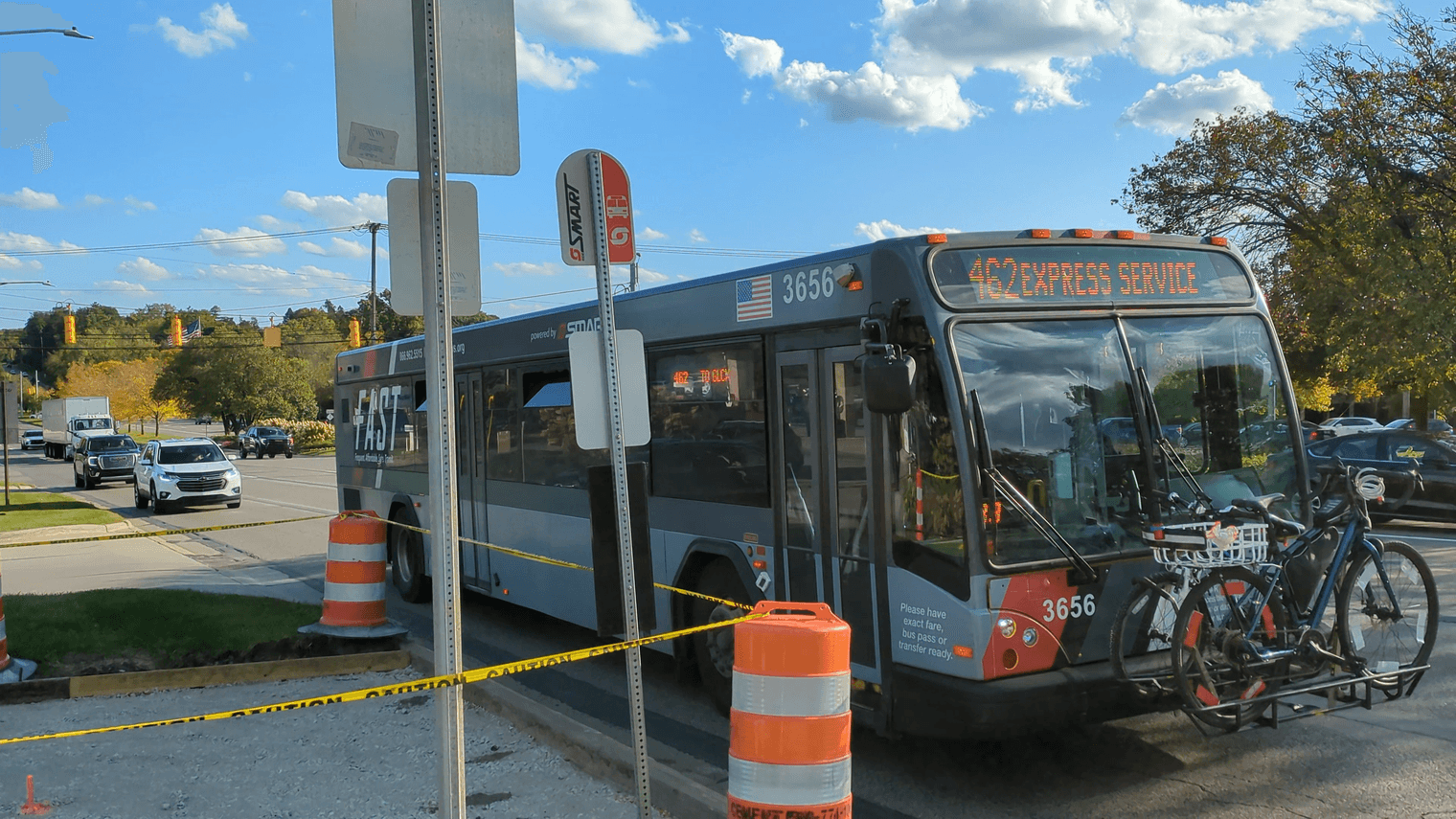RTA Ballot Measure in 2024: Could It Still Happen?

We have options, but the state legislature needs to act quickly.
It has been seven years since a Regional Transit Authority measure was presented to metro Detroit voters and narrowly failed. Now, in 2023 with a Democratic trifecta in state government, we have an opportunity to amend RTA-enabling legislation and ensure future attempts at regional transit succeed.
Realistically, I see four options for moving transit forward as the chances of a 2024 RTA ballot measure continue dwindling.
Option 1: Change Nothing, Try Again
The 2016 proposal failed by an exceptionally slim margin: 49.5% in favor, 50.5% against. Among Oakland County voters, the millage failed by a mere 0.1% - 1,137 votes. This was seven years ago. Attitudes towards regional transit have shifted, and there is a real possibility that simply trying again, with better canvassing and improved messaging, would result in success. This, however, would require Macomb County Executive Mark Hackel to allow the ballot measure, which isn’t a given as he blocked the most recent attempt in 2018. Advocates would need to lobby for his approval.
Option 2: Amend the RTA’s Geographic Footprint
Changes to the RTA’s enabling legislation could be implemented to remove the tri-county area’s outlying rural communities from the voting footprint, such that areas which would not receive service as part of the plan would not be voting on said plan. This would almost guarantee the success of a 2024 ballot measure.
This was previously attempted in 2020. The Municipal Partnership Act, HB 5229, was spearheaded by Oakland County Executive Dave Coulter in an attempt to move forward with regional transit without Macomb County and without involving the RTA. This was ultimately superseded by House Bill 5550 , introduced by Rep. Farrington, which intended to amend the RTA as described above. HB 5550 was reported out of the Committee on Government Operations and eligible for a floor vote with bipartisan support, but then-House Speaker Chatfield blocked the vote from occurring .
This bill has a high likelihood of passing both chambers of the Michigan Legislature should it be reintroduced this session. It would need to be passed with immediate effect either this year or early enough in 2024 for the RTA to plan and complete the Regional Master Transit Plan process accordingly and submit a ballot measure to the state.
Option 3: Bring In the Big Guns (Sales Tax)
The fundamental flaw in the RTA’s funding stream is the reliance on a property tax millage. Changing this to a more modern and sustainable funding source, such as a sales tax, would require an amendment to the state constitution which would have to go before voters.
Pursuing this route would mean the RTA would have to bow out for 2024, as they did in 2020 due to COVID and 2022 to avoid conflict with the SMART millage renewals and the Oakland Transit millage. It would be a slow and potentially controversial process within the state legislature, and would require extensive voter education.
Option 4: Move Forward Without the RTA
Without a legislative amendment to fix to its funding source or its entwinement with the will of county officials, the RTA will remain effectively functionless. Should this be the case, advocates would be forced to redirect efforts to a replacement for the existing SMART millage in Wayne County that eliminates opt-outs, based off last year’s success in Oakland County. Most notably, this would be a push for the City of Detroit to opt into SMART.
Wayne County all-in would be fantastic, but it comes with the same drawbacks Oakland Transit does: Everything has to be managed piecemeal at the local level. A true RTA millage would secure continuous funding for the entire region, without regard to county lines. People’s lives don’t stop at municipal borders; our transit planning shouldn’t either.
I’m partial to Option 2. It’s easy and expedient to implement, and allows the largest chance of success within the shortest period of time. Many of the same legislators who originally supported HB 5550 are still in office, so I would imagine its reintroduction would be a considerably smooth process.
The onus lies on the state legislature to take up regional transit as a priority while a 2024 vote is still within the realm of possibility. If you haven’t heard from your representative or senator on this issue, I’d encourage you to write them a personal letter asking for their support.